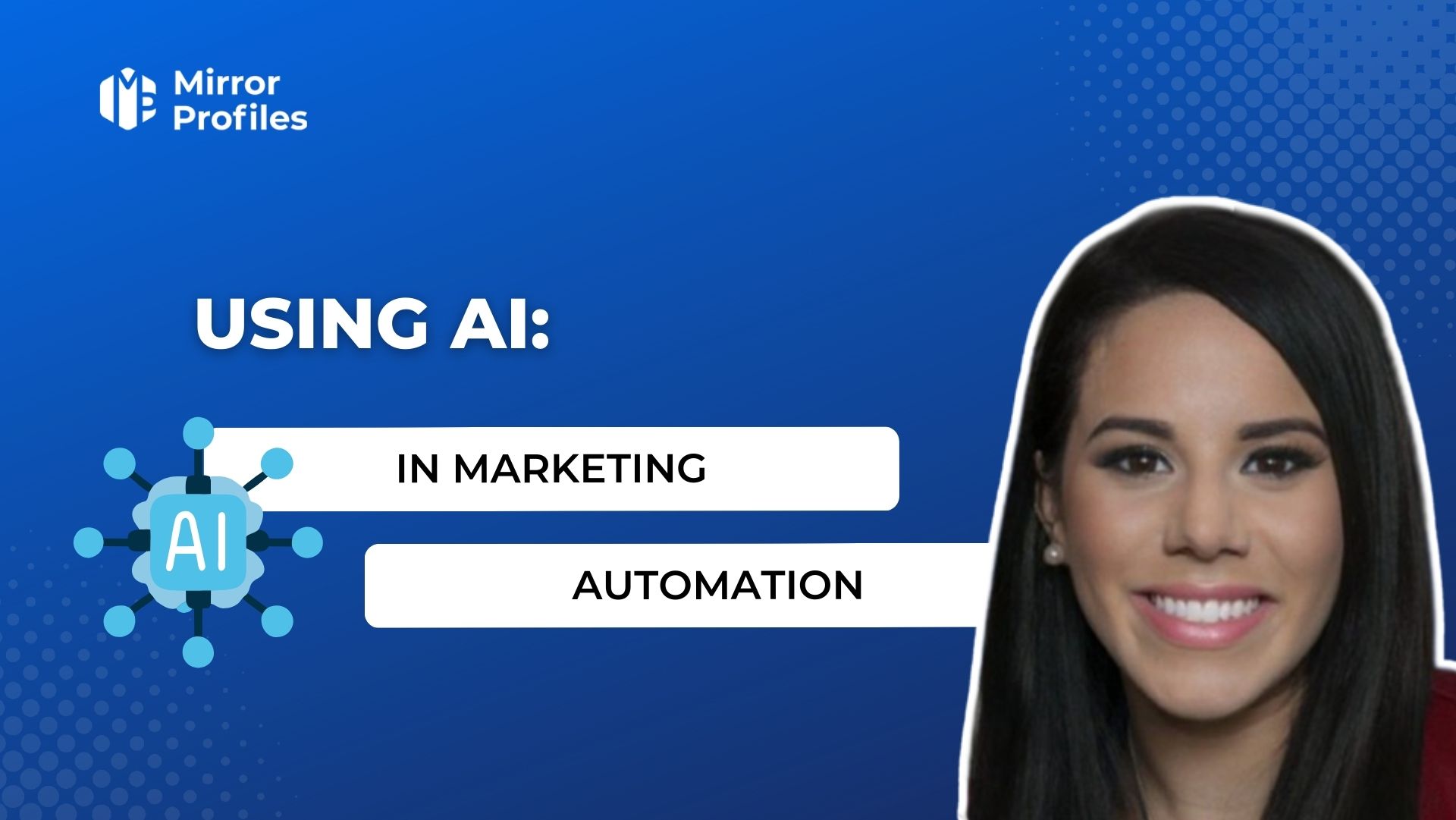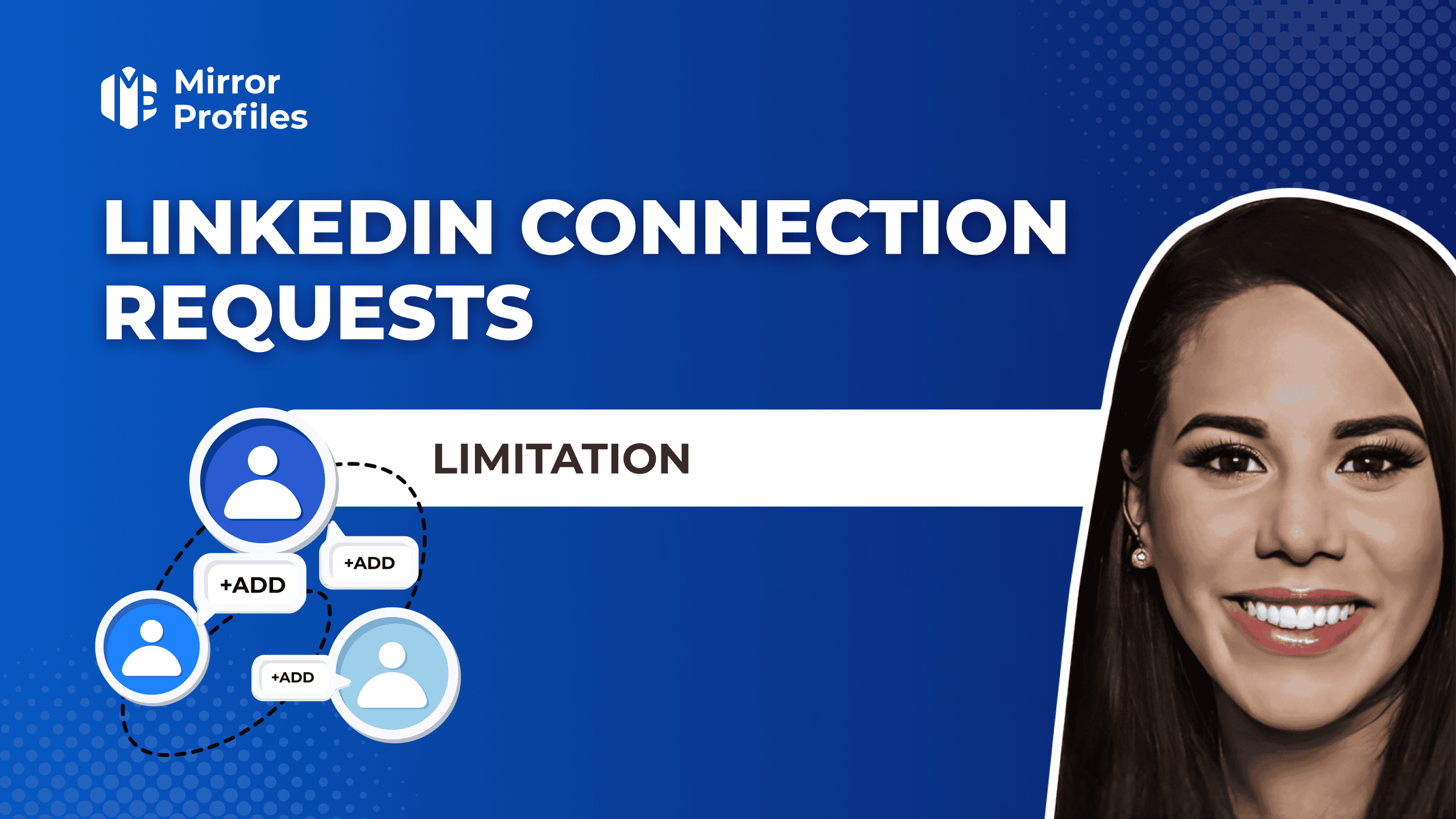Introduction
Marketing automation, the practice used by many specialists of leveraging software to simplify and improve marketing strategies such as emailing and campaign management, is essential for targeted and effective communication with customers and prospects. It plays a crucial role in increasing customer conversion and loyalty in many companies.
However, in the face of increasingly complex consumer data and behavior, marketing automation needs to be enhanced by artificial intelligence (AI). Artificial intelligence equips machines with the ability to learn, analyze and decide independently, to open the door to significant benefits such as content personalization, precise contact segmentation, prediction of purchase intentions and recommendation of appropriate offers, thus enriching the content of communication. In short, it’s a revolution!
The adoption of artificial intelligence in marketing automation ensures an unparalleled customer experience, resulting in tangible sales growth and improved customer satisfaction for businesses. In this article, we’ll shed light on how artificial intelligence impacts marketing automation, strategies for integrating it with your existing tools, and methods for measuring and optimizing your marketing performance through AI.
Understanding the impact of artificial intelligence on marketing automation
The evolution from automation to AI
Marketing automation is far from new to us all, but the sector has undergone a profound transformation with the introduction of artificial intelligence. Thanks to artificial intelligence, automation tools can learn, analyze, write content and make decisions autonomously, going far beyond simple sequences of pre-programmed actions. As a result, marketing automation becomes more intuitive, more responsive and more effective. In short, as a human would!
An overview of AI processing capabilities
Artificial intelligence algorithms manage huge volumes of data from various channels, such as websites, social media, emails or customer relationship management (CRM) systems. This data is scrutinized to identify consumer characteristics, requirements, behaviors and intentions. This valuable information is then used by companies to fine-tune marketing strategies, including content, audience segmentation, engagement personalization, product recommendations and trend forecasting.
The benefits of personalization with AI
Personalization is one of AI’s greatest assets in marketing automation. It enables companies to tailor experiences to each individual through content, taking into account their personal tastes, purchase history, specific situation and consumer journey. Before, we used to hyper-personalize by isolating groups of individuals who had something in common, which is what you’ll find in our various articles on prospecting on Linkedin. But today, artificial intelligence tends to provide individualized copywriting, something that was only possible with humans.
This personalized approach, thanks to the content available, intensifies engagement, encourages loyalty, and improves conversion rates, while reducing the cost of acquiring new customers and the bounce rate for businesses. What’s more, it offers companies a real opportunity to stand out from their competitors, and to strengthen trust and customer satisfaction.
Strategies for integrating AI into your marketing automation tools
Identification of key tasks to be automated with AI
To leverage artificial intelligence (AI) in your marketing automation strategies, start by determining the critical tasks that can be optimized by AI. These tasks typically include those requiring fast, detailed data processing, in-depth personalization and continuous responsiveness. Here are examples of tasks that AI can improve for many companies:
- Content creation: Leverage AI to generate engaging, relevant content tailored to your targets’ needs and behaviors. If you’ve mastered the art of prompting, ChatGPT4 will be a great help.
- Segmentation: Use AI to precisely delimit your contact groups based on their data, thanks to characteristics and actions. For this, you’ll need a mass of data to submit to ChatGPT or another artificial intelligence like Mistral. If you’re in B2B, we’d love to hear from you about MirrorAPI.
- Personalization: Let AI adjust your messages and offers to resonate with each individual’s unique contextby leveraging deep data analytics… HumanLinker is the French tool that’s causing a sensation in the hyper-personalization of prospecting and recruitment messages.
- Prediction: Apply AI to anticipate the performance of your marketing campaigns and measure customer engagement.
Integration of AI into existing automation platforms
Once you’ve identified the tasks you need to automate, the next step is to incorporate AI into your existing systems. There are two options for companies:
- Use integrated solutions: Choose platforms like HubSpot, Marketo or Salesforce that already incorporate artificial intelligence capabilities. They offer a seamless experience without the need to create your own algorithms or manage a complex infrastructure.
- Use complementary solutions: Opt for external tools such as Phrasee, Persado or Optimizely, which can be grafted onto your existing platforms to enrich your AI functionalities, whether for generating captivating texts or conducting A/B tests.
Campaign optimization with AI algorithms
With AI integrated into your tools, you can now fine-tune your marketing campaigns using intelligent algorithms. These algorithms are designed to test, evaluate and perfect your marketing initiatives in a real-time context. Examples of possible uses of artificial intelligence are :
- Optimize timing: AI can define the optimal moment to broadcast your emails or messages to maximize responsiveness.
- Optimize content: AI evaluates the different elements of your campaigns to tell you which content has the most impact and potential in your strategy.
- Optimize the channel: AI determines the most effective communication channels based on your audience’s preferences.
Enhanced segmentation and targeting via machine learning
Machine learning, a sub-discipline of AI, offers companies additional marketing opportunities to refine segmentation and targeting in a continuous optimization process. Thanks to automated and scalable learning, machine learning enables companies to :
- Refining segmentation: Machine learning builds homogeneous groups of contacts through techniques like clustering, or assigns defined categories via content classification.
- Improved targeting: identify the most receptive contacts to your messages with scoring, or efficiently match offers to appropriate prospects with matching.
- It’s constantly evolving, just like your customer portfolio.
For example, we have set up an AI system via Mistral that constantly analyzes Linkedin’s evolutions, with the aim of giving companies a head start in strengthening our Linkedin accounts. Today, we are the only company in our sector to have this technology within MirrorProfiles. Our aim: to make your MirrorProfiles accounts as robust as possible.
Measuring and improving marketing performance with AI
Use advanced analytics to measure success
Artificial intelligence (AI) is a powerful tool for collecting and processing advanced analytical data, which is crucial in assessing the success of marketing actions. This data sheds light on the effectiveness of ongoing campaigns, measuring aspects such as return on investment (ROI), customer satisfaction and loyalty. They also reveal the strengths and weaknesses of the strategies deployed, and point to potential avenues for improvement.
Identification of key performance indicators (KPIs) influenced by AI
Identifying the key performance indicators (KPIs) that AI can influence is essential to accurately measure the impact of this technology on our marketing. These KPIs, whether quantitative or qualitative, are the measures that enable us to judge results in relation to established objectives. Among the KPIs that artificial intelligence can optimize, we note :
- Open rate: This percentage reflects the number of contacts who open the emails sent. AI can improve this KPI by optimizing email content, scheduling and delivery channel.
- Click-through rate: This indicates the proportion of contacts interacting via clicks in emails, SMS, notifications or on social networks. AI increases this KPI by personalizing offers and recommendations.
- Conversion rate: This KPI represents the percentage of contacts completing the desired action, whether it’s a registration, a quote request, or a purchase. AI refines this rate by anticipating needs and adapting the user experience.
- Sales: This total sales figure directly reflects the impact of marketing campaigns. AI contributes to this KPI by increasing average basket, purchase frequency and customer loyalty.
Enhanced decision-making through predictive analysis
Predictive analysis, a facet of artificial intelligence, uses content such as historical as well as current data to anticipate future events, thus considerably enhancing decision-making. This method allows you to:
- Detect trends: Identify market trends and customer needs, to identify growth opportunities and anticipate your WCR.
- Prevent risks to avoid potential customer losses, sales slumps, fraud, etc.
- Optimize actions: Refine marketing targeting, offers, channel selection and budget allocation.
Continuous optimization through machine learning
Machine learning, a branch of AI, learns autonomously from data, enabling continuous improvement in marketing performance without the need for explicitly programmed rules. Among the advantages it offers are :
- Model improvement: Increase the accuracy, robustness and adaptability of AI models.
- Hypothesis testing: comparing marketing ideas with market realities, using the data collected.
- Experimenting with solutions: Compare different marketing approaches to measure their effectiveness and optimize the overall strategy.
Conclusion
Artificial intelligence (AI) is now establishing itself as an essential tool in the sphere of automated marketing, offering a customized, high-performance and cost-effective customer experience. To leverage AI within your marketing automation devices, it’s crucial to first determine which tasks require automation. Next, you need to select the AI technologies best suited to your needs, refine your marketing campaigns with artificial intelligence algorithms, and improve your customer segmentation and targeting through machine learning.
It’s just as essential to continually measure and increase the effectiveness of your marketing actions with AI. This involves harnessing advanced analytical data, assessing the KPIs affected by artificial intelligence, improving your strategic decisions with predictive analytics, and implementing machine learning to fine-tune your marketing initiatives.
To embrace the benefits of AI in automated marketing, don’t hesitate to contact us so we can help.
FAQ
What are the 5 pillars of marketing automation?
Marketing automation rests on five essential pillars:
- Database segmentation: To do this, classify your contacts into distinct groups based on specific criteria.
- Personalize interactions: Tailor your messages and offers to meet the expectations and interests of each individual by personalizing your content.
- Automate mailings: Program marketing actions in response to the actions and characteristics of your contacts.
- Data analysis: Evaluate the success of your campaigns to continually improve your marketing strategies, in particular through the quality of your editorial content.
- Data integration: Synchronize the various tools and platforms you use for consistent marketing automation.
How to use marketing automation
To implement marketing automation :
- Clearly define the stages of the customer journey.
- Select the marketing automation solution(s) best suited to your needs. For example MirrorProfiles if you’re prospecting on Linkedin.
- Create targeted automated campaigns based on your audience and objectives.
Why implement marketing automation?
Adopting marketing automation allows you to :
- Personalize and automate marketing actions based on behavioral data and prospect profiles.
- Improve sales efficiency and increase lead volume.
- Optimize prospect-to-customer conversion and strengthen customer loyalty.
Who uses marketing automation?
Marketing automation is a strategic lever for :
- Companies wishing to increase the effectiveness of their marketing actions.
- Improve the customer experience by automating tasks such as emailing, social networking and advertising campaigns.
- Targeting prospects and customers based on their interactions and behaviors.





